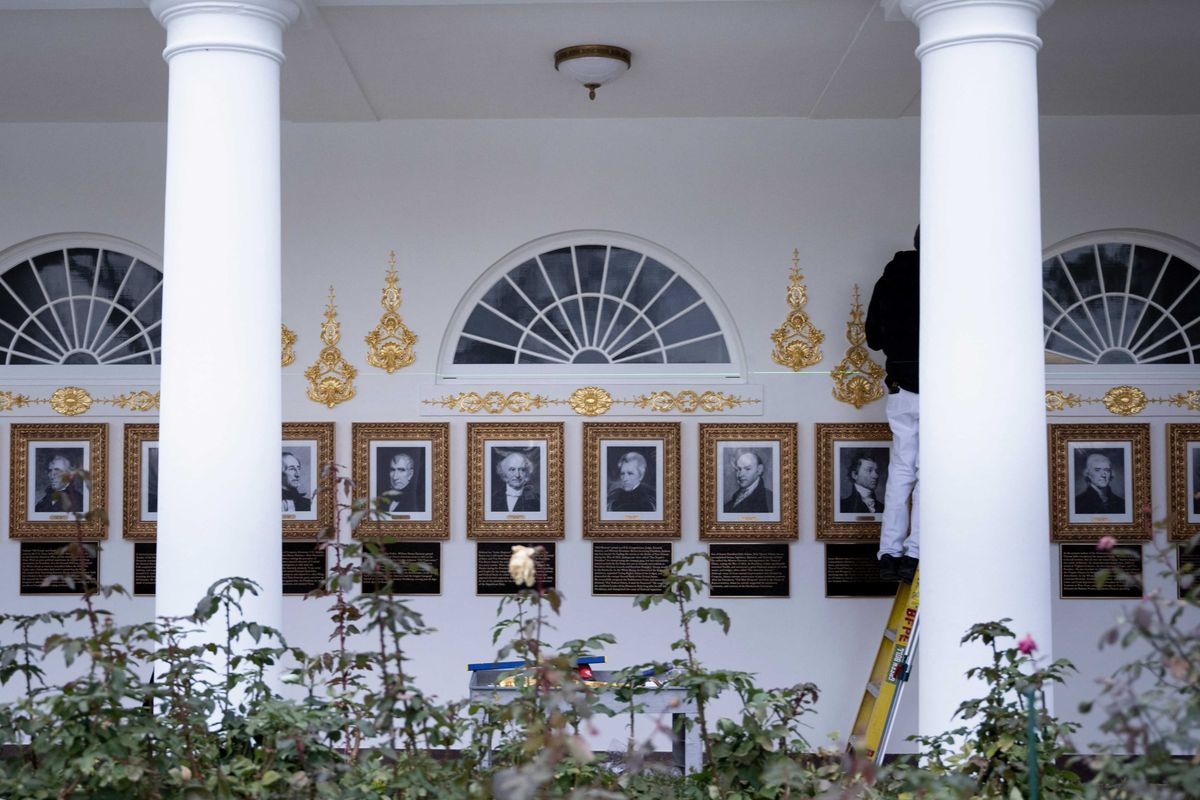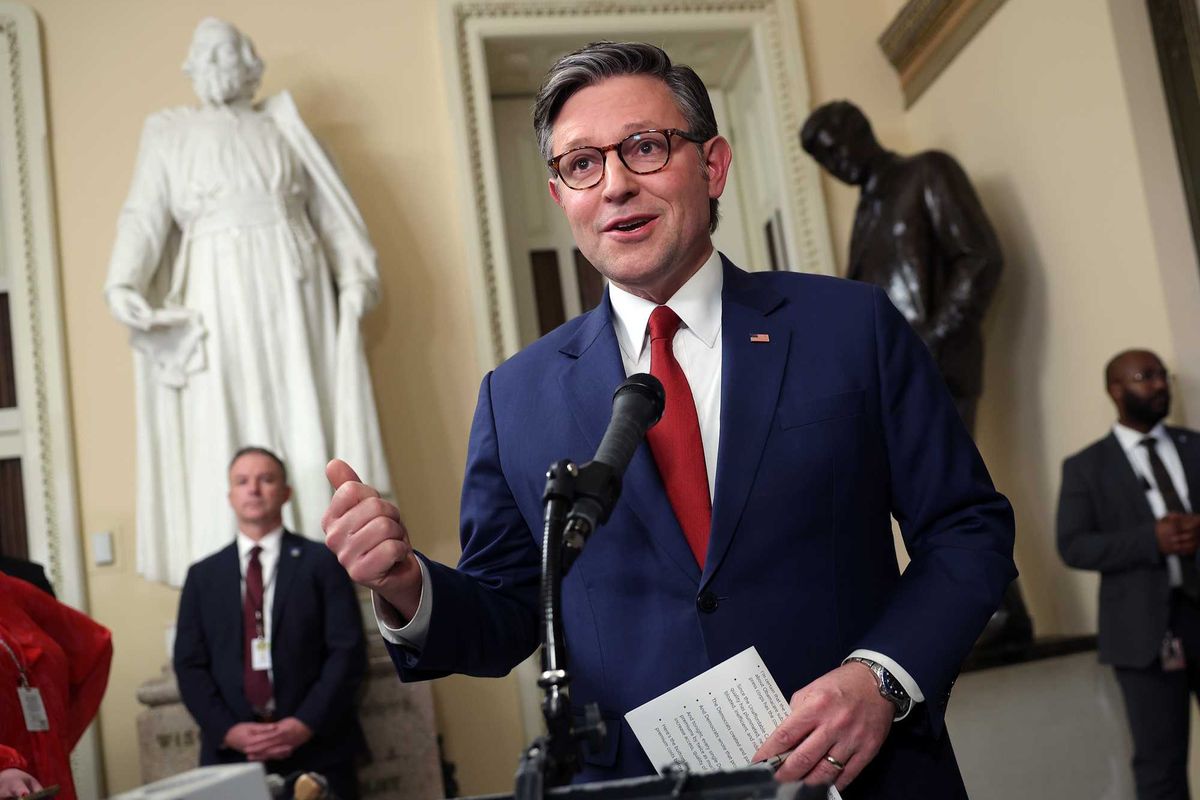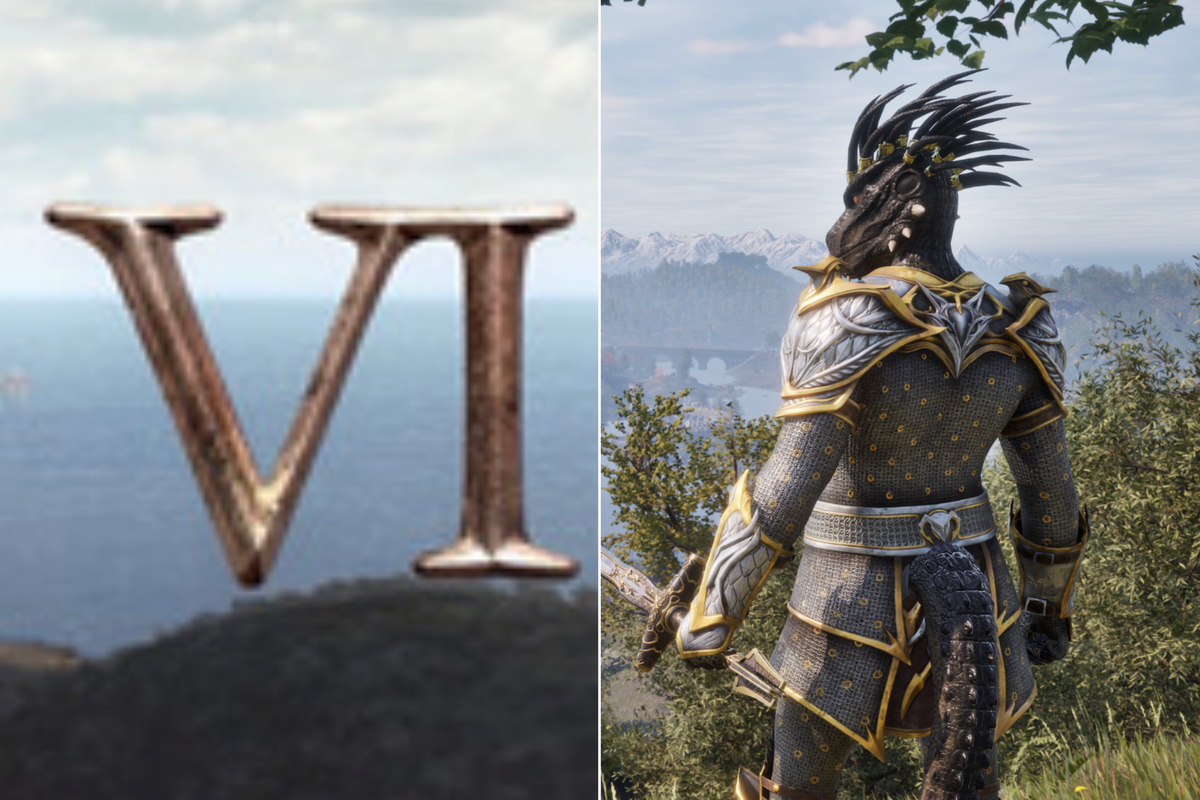Harriet Brewis
Jun 05, 2024
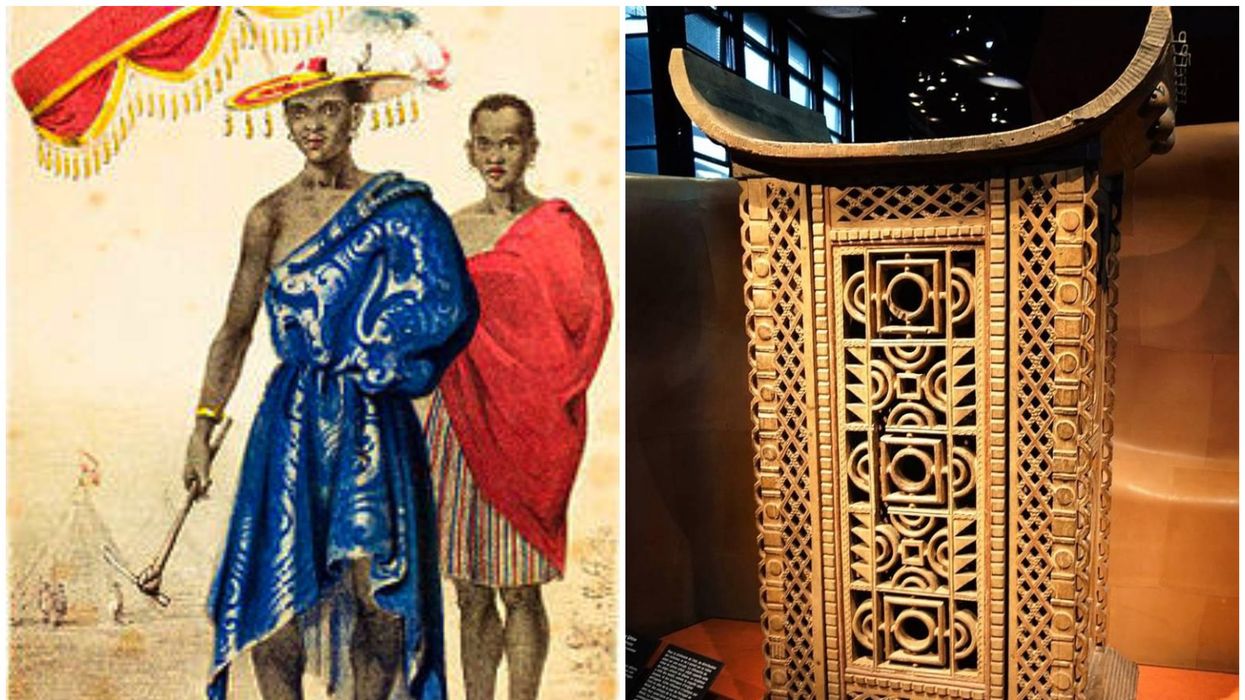
From left: King Ghezo, the tenth ruler of the ancient Kingdom of Dahomey; a view of his throne which is now held in Paris's Musée du quai Branly
(New York Public Library/Wikimedia Commons)
Scientists have uncovered a grisly secret at the tomb of an infamously bloodthirsty ruler.
King Ghezo ruled the west African kingdom of Dahomey from 1818 to 1858 before it fell to French colonisation at the end of the 19th century.
And yet, he carried his violent tyranny to the grave – literally – as a new study published in the journal Proteomic reveals.
Over the course of his four-decade reign, King Ghezo was known both for his military power and his brutality toward his enemies.
He was allegedly so vicious that “the alley leading to his hut was paved with the skulls and jawbones of defeated enemies,” while his throne “rested on the skulls of four defeated enemy leaders,” the study’s authors, based in France and Benin, write.
Ironically, according to official records, Ghezo died peacefully in his home. But he couldn’t resist bringing a bit of savagery down to the underworld with him.
Before his death, he ordered the construction of two adjoined funerary huts to be built in honour of his father, Adandozan, who ruled from 1797 to 1818, All That’s Interesting reports.
For decades, rumours swirled surrounding this tomb, suggesting it was built using the blood of 41 human sacrifice victims.
Now, the team of researchers have confirmed that this is, indeed, true.
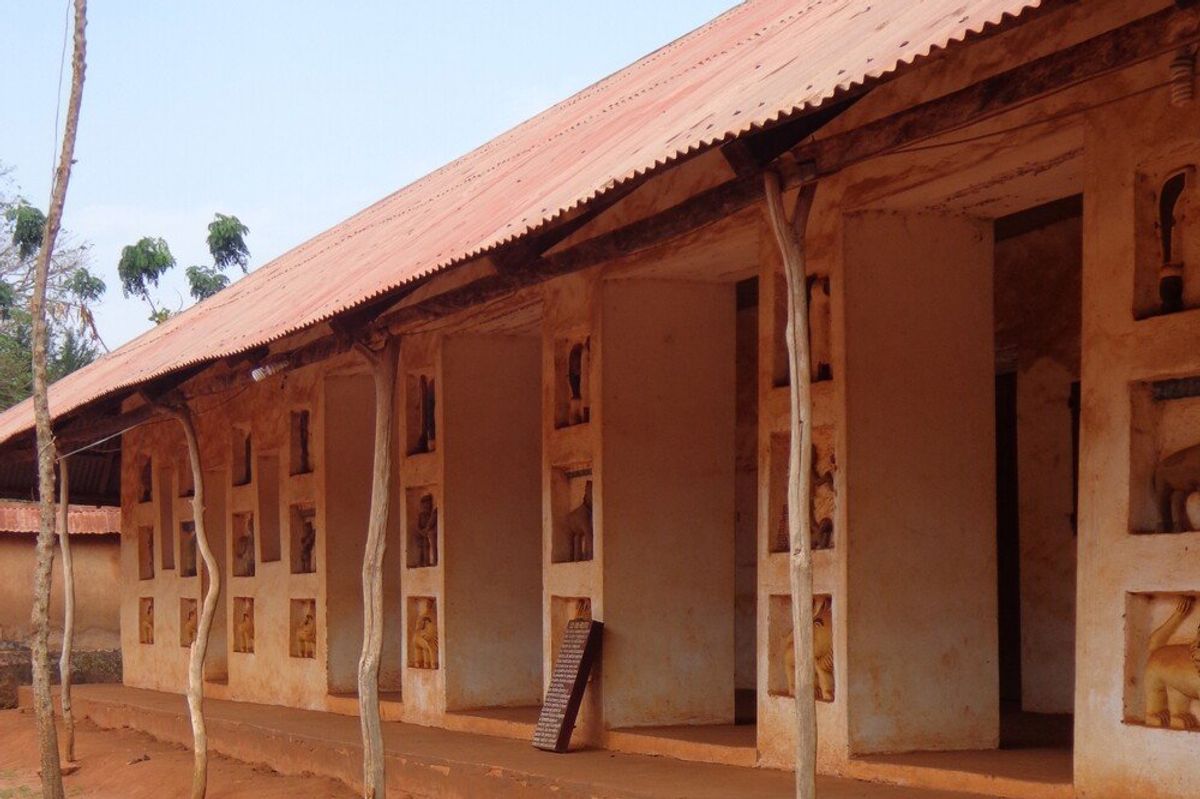
According to the team of medical and archeological specialists, the victims would likely have been prisoners of war or enslaved people.
And because 41 is a sacred number in voodoo, they would likely have been sacrificed in a ceremony conducted to protect the late king’s remains.
The study’s authors explained that the kings of Abomey (Dahomey’s ancient capital) were “God-kings,” whose culture and religions centred on voodoo beliefs.
“In this chrono-cultural context, death is only a change of state, not a total disappearance,” they noted.
“Importantly, a barrier between the human world and the place where the body is laid (or the spirit of the deceased) can be magically delineated. This separator is part of a supernatural border, since metaphysical elements are incorporated into the physical wall.”
Prayers, sacred water, and the blood of enemies, were among the elements considered key to consecrating buildings such as these.
When combined, their mystical force was believed to symbolically protect “what remains of the subtle essence of the deceased king.”
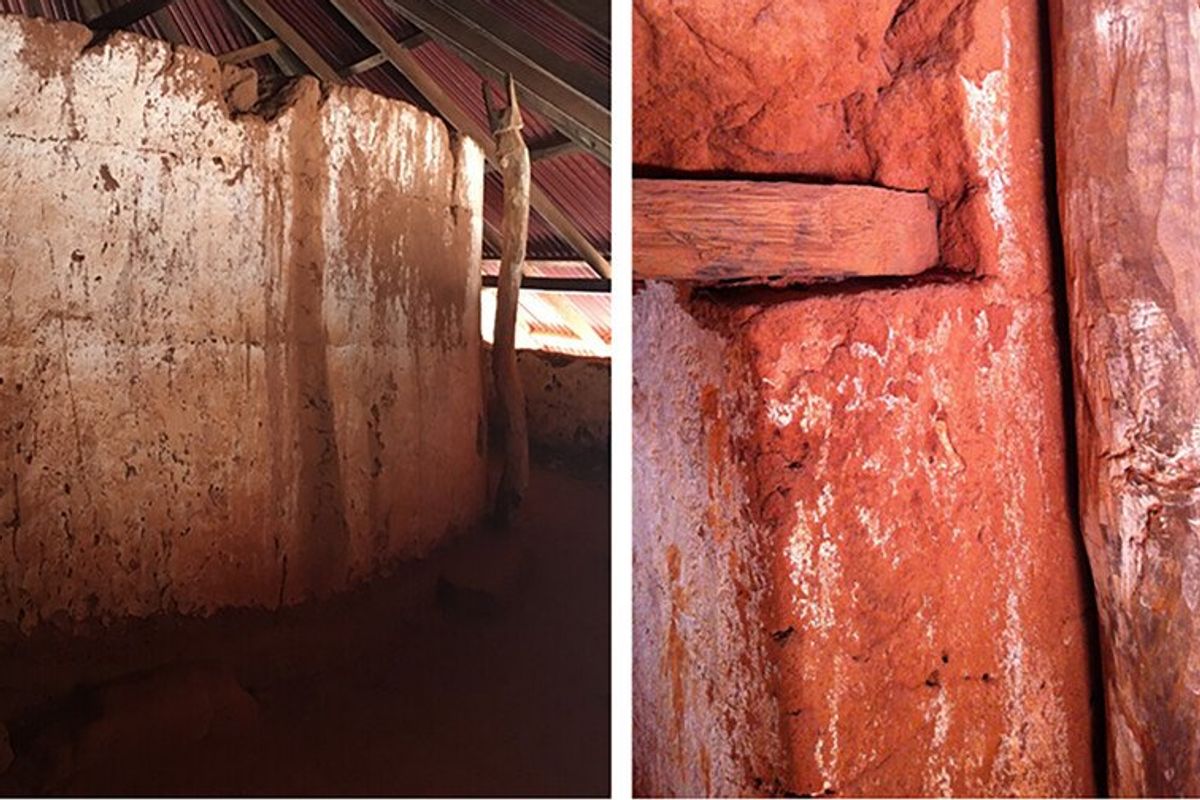
To determine the truth behind the legend of Ghezo’s tomb, the scientists used a technique called high-resolution tandem mass spectrometry to analyse the mortar used to build the funeral huts’ walls.
Specifically, they examined the proteins present, rather than genes, as “DNA degrades easily over time depending on the storage conditions… and most importantly for this study, it cannot provide information on the source tissue,” unlike proteins, which can serve as a “biological archive.”
This testing identified haemoglobin and immunoglobulins from both humans and chickens present in the mortar.
Whilst the identities of the victims and where they came from remains unclear, the team noted that when a Dahomey king died, a ritual known as the “Great Customs” was often carried out.
This involved the sacrifice of as many as 500 victims, so it’s possible the blood in the mortar may have come from one such ceremony.
Now, the researchers hope that further DNA analysis might help pinpoint the exact number of individuals whose blood was used in the tomb.
As far as we're concerned, even one is too many.
Sign up for our free Indy100 weekly newsletter
How to join the indy100's free WhatsApp channel
Have your say in our news democracy. Click the upvote icon at the top of the page to help raise this article through the indy100 rankings
Top 100
The Conversation (0)
